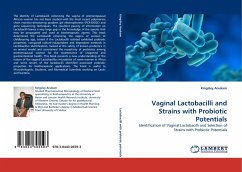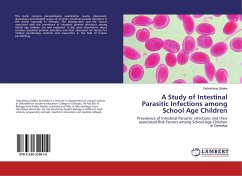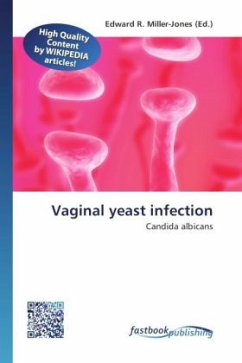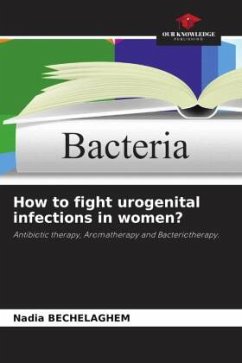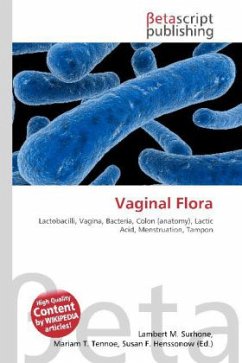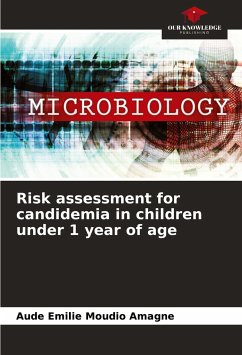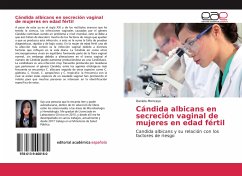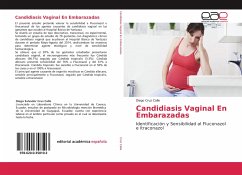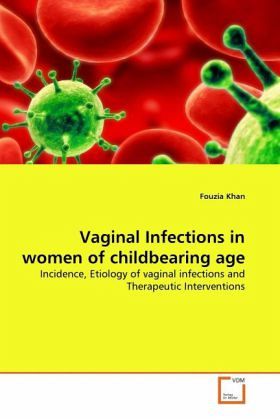
Vaginal Infections in women of childbearing age
Incidence, Etiology of vaginal infections and Therapeutic Interventions
Versandkostenfrei!
Versandfertig in 6-10 Tagen
32,99 €
inkl. MwSt.

PAYBACK Punkte
16 °P sammeln!
Infectious vaginitis is the most common problem among females. It includes three types of vaginal infections which are Trichomoniasis, Bacterial Vaginosis and Vaginal Candidiasis. Trichomonas vaginalis and clue cells pathognomic of Gardnerella vaginalis were identified on wet mount. Antibiotic susceptibility was done by disc diffusion method. Species of Candida were identified on Biggy agar. In vitro antifungal activity of Clotrimazole, Fluconazole and Nystatin was performed by Minimum inhibitory concentration, well diffusion and disc diffusion methods. Vaginal infections were present in femal...
Infectious vaginitis is the most common problem among females. It includes three types of vaginal infections which are Trichomoniasis, Bacterial Vaginosis and Vaginal Candidiasis. Trichomonas vaginalis and clue cells pathognomic of Gardnerella vaginalis were identified on wet mount. Antibiotic susceptibility was done by disc diffusion method. Species of Candida were identified on Biggy agar. In vitro antifungal activity of Clotrimazole, Fluconazole and Nystatin was performed by Minimum inhibitory concentration, well diffusion and disc diffusion methods. Vaginal infections were present in females in 20-39 years of age. Non-pregnant female patients were 88% and pregnant female were 12%. G.vaginalis was second most common causative agent isolated. Amoxycillin /Clavulanic acid, Metronidazole, and Clindamycin were effective against G.vaginalis. C.albicans was the main pathogen isolated from vaginal swabs. Clotrimazole was more effective as compared to Fluconazole and Nystatin. Fluconazole is a frequently used drug against vaginal candidiasis but showed high resistance. It is suggested that antifungal drug susceptibility testing should be done in order to prevent treatment failures.




